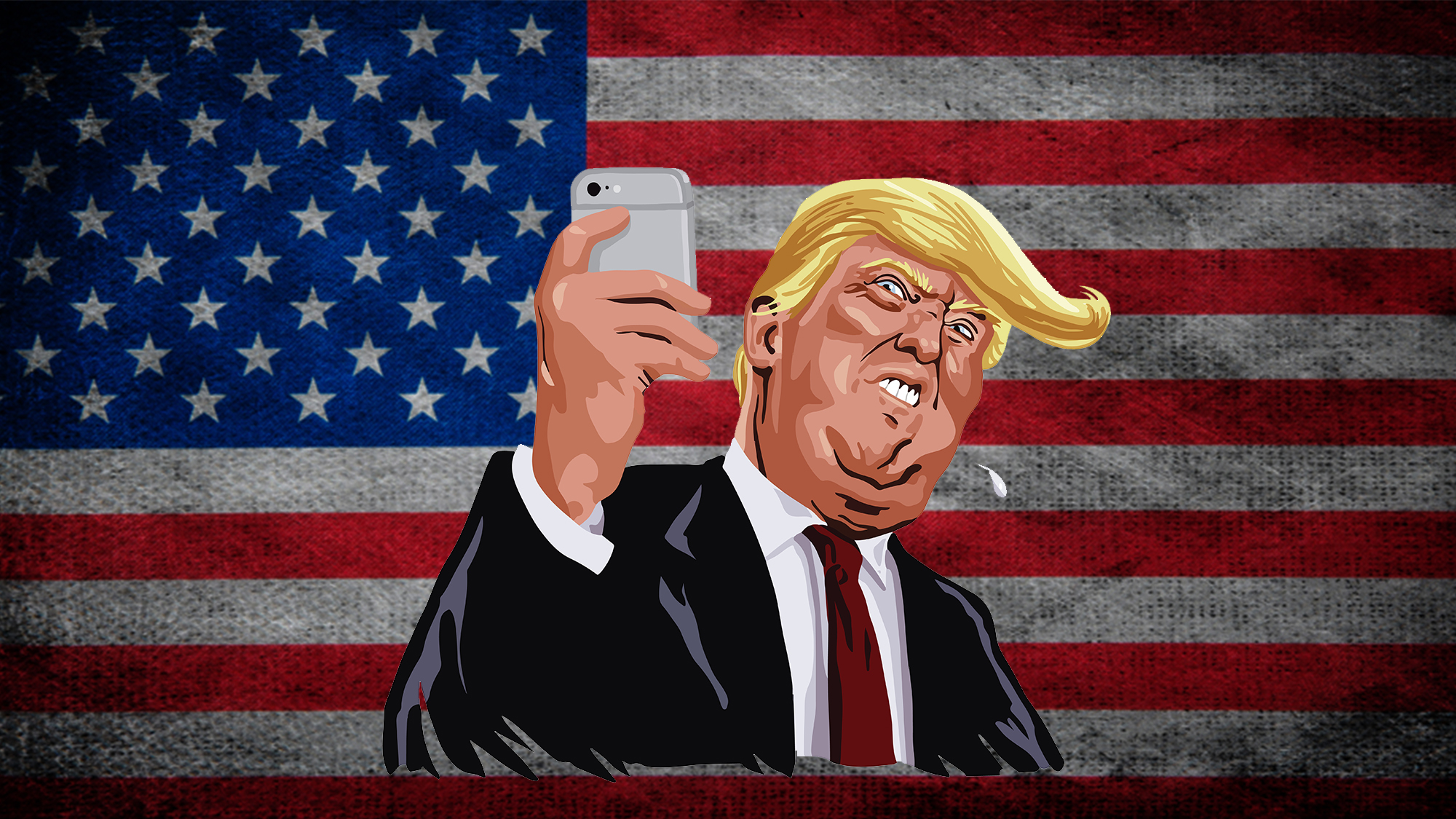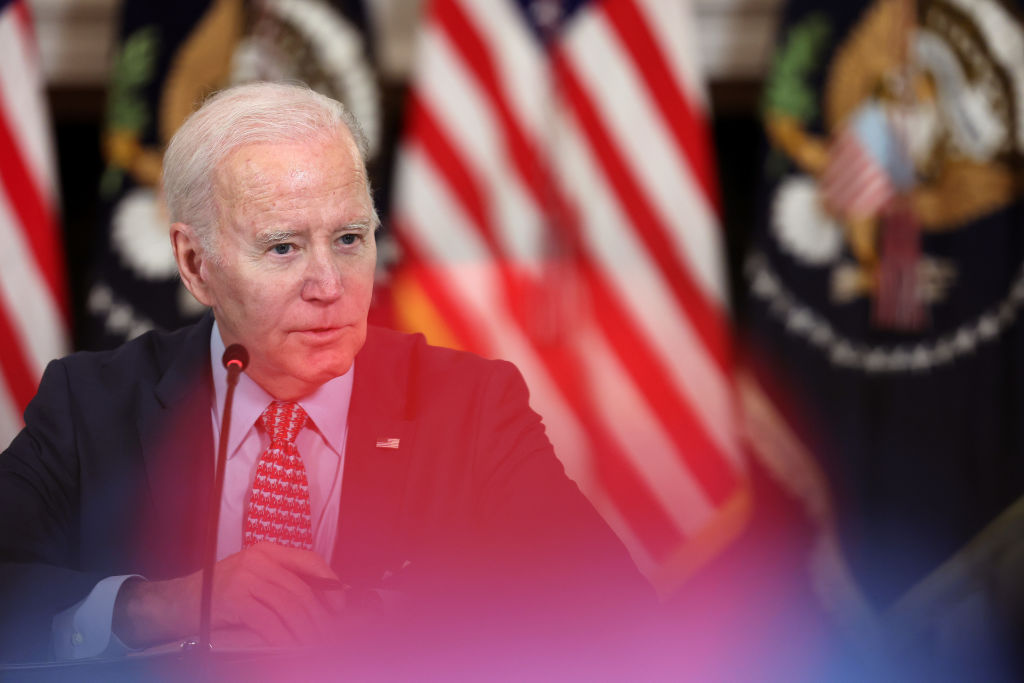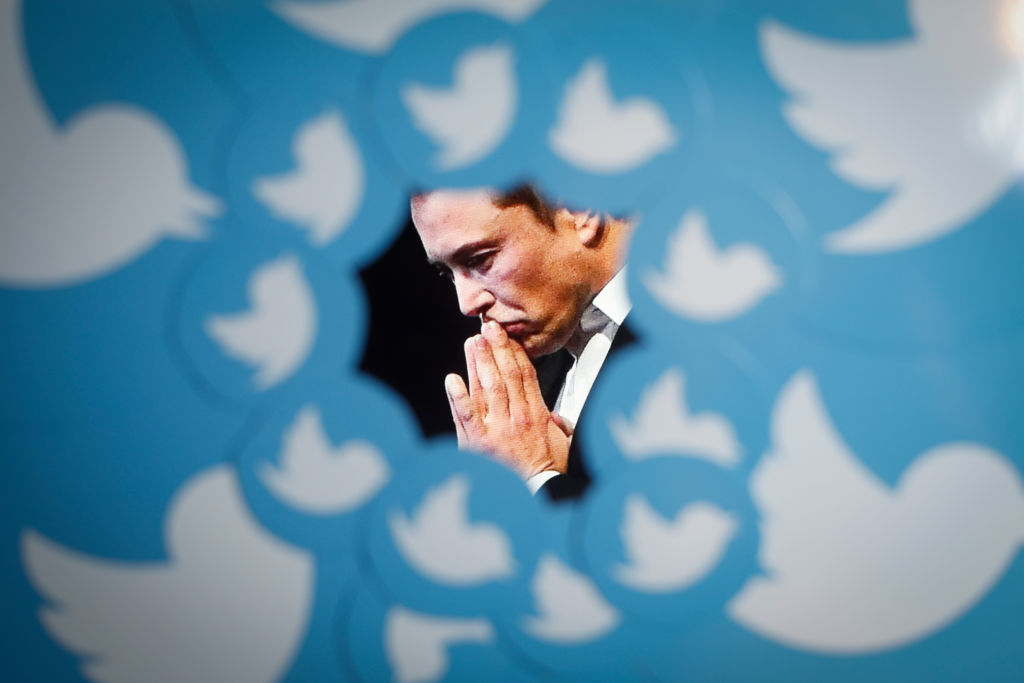Twitter: 'We do not shadow ban'
The social media site responds to President Trump's inflammatory tweet with an explainer


Twitter has responded to questions whether it "shadow bans" with an affirmative response that it does not carry out such banning, while also explaining what the term actually means.
Over the weekend an apparent change to the social media site's auto-populating search drop-down, first reported by Gizmodo, became the source of a heated online political debate where it was accused of shadow banning.
The debate even reached the White House, as President Donald Trump expressed his displeasure at the alleged practice. "Twitter 'SHADOW BANNING' prominent Republicans. Not good. We will look into this discriminatory and illegal practice at once! Many complaints," he tweeted.
The "prominent Republicans" Trump referred to were first reported in a story by Vice News, suggesting some senior Republican officials were not visible in automatic search results. Despite any evidence that it was deliberate, Vice was quick to call it shadow banning.
But has Twitter responded to the claims with a blog post authored by project leads Kayvon Beykpour and Vijaya Gadde that defined shadow banning as "deliberately making someone's content undiscoverable to everyone except the person who posted it, unbeknownst to the original poster".
"We do not shadow ban," they wrote. "You are always able to see the tweets from accounts you follow (although you may have to do more work to find them, like go directly to their profile). And we certainly don't shadow ban based on political viewpoints or ideology."
Twitter said it ranks tweets and search results because it is most useful when it's immediately relevant and that the ranking models take many signals into consideration to best organize tweets for timely relevance. It also looks to address what it calls "bad-faith" actors.
Get the ITPro daily newsletter
Sign up today and you will receive a free copy of our Future Focus 2025 report - the leading guidance on AI, cybersecurity and other IT challenges as per 700+ senior executives
For example, if a search result has 30,000 tweets, Twitter will take that into consideration when ranking tweets from people that its users are interested in, which it will rank highly. Tweets that are popular are likely to be interesting and it will also rank them higher. However, tweets that the site believes "intend to manipulate or divide the conversation" will be ranked lower.
The site said it basis this workaround serving healthy public conversation and provided details on what constituted a "bad-faith actor". Accounts that lacked authenticity, such as no profile picture or an unconfirmed email address, the actions it had taken, such as who it followed and retweeted and how other users interacted with it were taken into account. Twitter said this approach is working as it had seen fewer reports of abuse and spam.
However, it did admit an issue where some accounts weren't auto-suggested in search even when people were searching for their specific name, but stressed it only impacted the search auto-suggestions. The accounts, their tweets and surrounding conversation about those accounts were showing up in search results and Twitter said the issue was now resolved.
Picture: Shutterstock
Bobby Hellard is ITPro's Reviews Editor and has worked on CloudPro and ChannelPro since 2018. In his time at ITPro, Bobby has covered stories for all the major technology companies, such as Apple, Microsoft, Amazon and Facebook, and regularly attends industry-leading events such as AWS Re:Invent and Google Cloud Next.
Bobby mainly covers hardware reviews, but you will also recognize him as the face of many of our video reviews of laptops and smartphones.
-
 Cisco takes aim at AI security at RSAC with ServiceNow partnership
Cisco takes aim at AI security at RSAC with ServiceNow partnershipNews The companies claim Cisco AI Defense and ServiceNow SecOps will help address new challenges raised by AI
By Jane McCallion
-
 Why veterans can excel in data centers – and could help the IT sector address its skill shortages
Why veterans can excel in data centers – and could help the IT sector address its skill shortagesIn-depth Ex-military workers can bring software and hardware to civilian roles
By John Loeppky
-
 Who owns the data used to train AI?
Who owns the data used to train AI?Analysis Elon Musk says he owns it – but Twitter’s terms and conditions suggest otherwise
By James O'Malley
-
 White House targets close relationship with AI CEOs on safety
White House targets close relationship with AI CEOs on safetyNews Biden admin has called for greater controls on AI, while stressing the tech’s importance
By Rory Bathgate
-
 US starts exploring “accountability measures” to keep AI companies in check
US starts exploring “accountability measures” to keep AI companies in checkNews The move follows Italy’s recent ban on ChatGPT due to data privacy concerns
By Ross Kelly
-
 Elon Musk confirms Twitter CEO resignation, allegations of investor influence raised
Elon Musk confirms Twitter CEO resignation, allegations of investor influence raisedNews Questions have surfaced over whether Musk hid the true reason why he was being ousted as Twitter CEO behind a poll in which the majority of users voted for his resignation
By Ross Kelly
-
 Businesses to receive unique Twitter verification badge in platform overhaul
Businesses to receive unique Twitter verification badge in platform overhaulNews There will be new verification systems for businesses, governments, and individuals - each receiving differently coloured checkmarks
By Connor Jones
-
 Ex-Twitter tech lead says platform's infrastructure can sustain engineering layoffs
Ex-Twitter tech lead says platform's infrastructure can sustain engineering layoffsNews Barring major changes the platform contains the automated systems to keep it afloat, but cuts could weaken failsafes further
By Rory Bathgate
-
 ‘Hardcore’ Musk decimates Twitter staff benefits, mandates weekly code reviews
‘Hardcore’ Musk decimates Twitter staff benefits, mandates weekly code reviewsNews The new plans from the CEO have been revealed through a series of leaked internal memos
By Connor Jones
-
 Twitter could charge $20 a month for 'blue tick' verification, following Musk takeover
Twitter could charge $20 a month for 'blue tick' verification, following Musk takeoverNews Developers have allegedly been given just seven days to implement the changes or face being fired
By Rory Bathgate